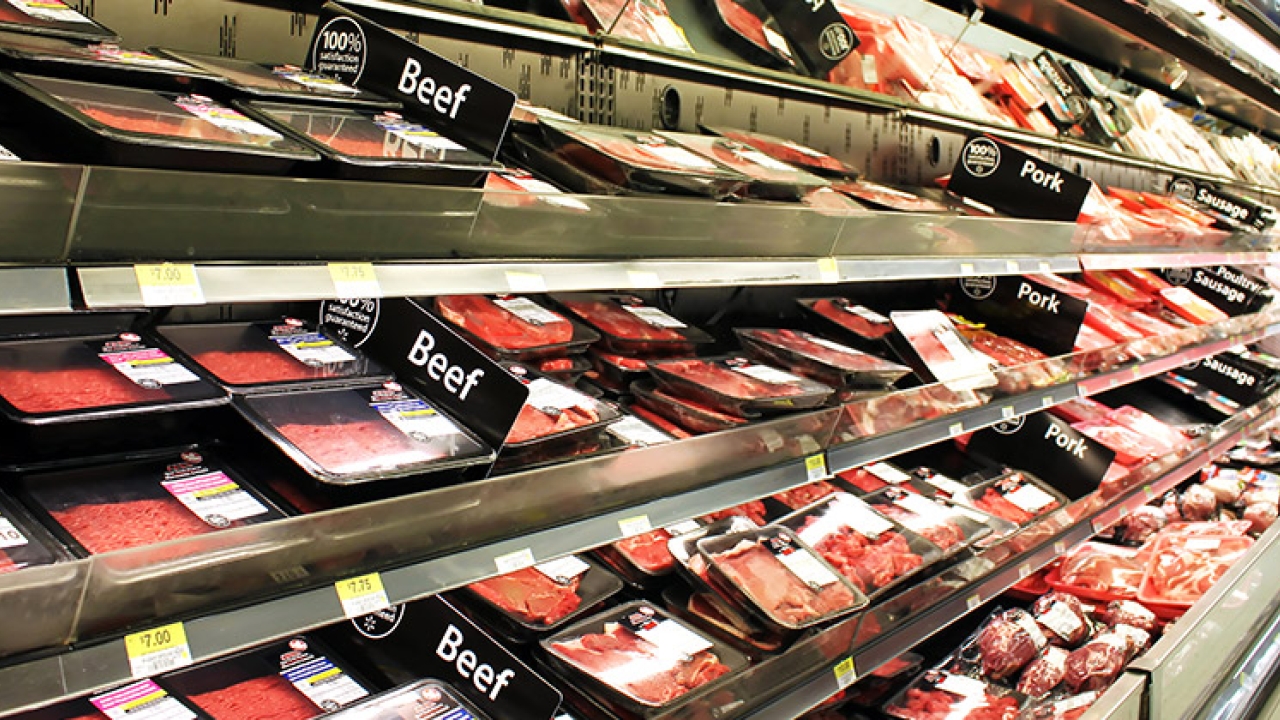Japan to create ‘convenience store of the future’ using Avery Dennison RFID technology
Avery Dennison is working with the Japanese government on an initiative that could turn every convenience story in the country unmanned by 2025.

The Japanese government is seeking to bring about the ‘convenience store of the future’. This is, in part, in response to a labor force crisis as a result of long-term declining birth rate, with the ageing population especially affecting the retail sector. This has seen the country’s Ministry of Economy, Trade and Industry (METI) bring ecosystem partners together to address labor and supply chain challenges in the country’s retail industry, and propose options to overcome these challenges.
A result saw METI launch a convenience and drug store RFID initiative in 2017 as a step towards addressing labor shortages and cost, as well as reducing the burden on in-store staff created by supply chain issues from traceability and authenticity to wastage and returns.
Following a successful pilot in which three convenience stores added RFID tags to products to improve item-level inventory monitoring, METI is now targeting full rollout across all stores in Japan by 2025. Retailers involved include Seven-Eleven Japan, FamilyMart, Lawson, Ministop, JR East Retail Net and Japan Association of Chain Drug Stores (JACDS). All products sold in their outlets will be tagged with smart labels.
The long-term ambition of the initiative is to enable stores to be entirely unstaffed, with RFID enabling customers to pay for their basket of goods automatically on leaving the store. The RFID rollout will also facilitate automated dynamic product pricing and advertising optimization. In a move to reduce food wastage, shelf-mounted RFID readers automatically scan the product tags, identify units that are approaching their ‘best by’ or ‘use by’ date, and credit the buyer with discounts on those items at the point of purchase. Meanwhile, shoppers who scan a product tag will be presented with additional product information via digital shelf signage.
Avery Dennison’s microwaveable WaveSafe RFID technology is at the center of the initiative. The result of 10 years of research and development, the WaveSafe tag is able to safely withstand up to five minutes in a 950 watt microwave, opening up new market applications for RFID in the food industry as for the first time RFID can be integrated into packaging and labeling for food products that are microwaveable. Previously, RFID had difficulties when used on food products that needed to be microwave defrosted or cooked in the packaging.
Stores participating in the initiative will use WaveSafe RFID tags on microwaveable products and other non-microwaveable RFID options for other types of product.
Francisco Melo, vice president and general manager, global RFID at Avery Dennison, commented: ‘The impact of declining birth rate is a long-term challenge being felt across all industries and areas of society in Japan. Identifying and developing solutions to long-term challenges requires long-term investment. Innovation is at the core of what we do at Avery Dennison, and by combining our materials science expertise and knowledge of RFID technology over the past 10 years we have been able to develop WaveSafe to meet the needs of the food industry.’
Stay up to date
Subscribe to the free Label News newsletter and receive the latest content every week. We'll never share your email address.

